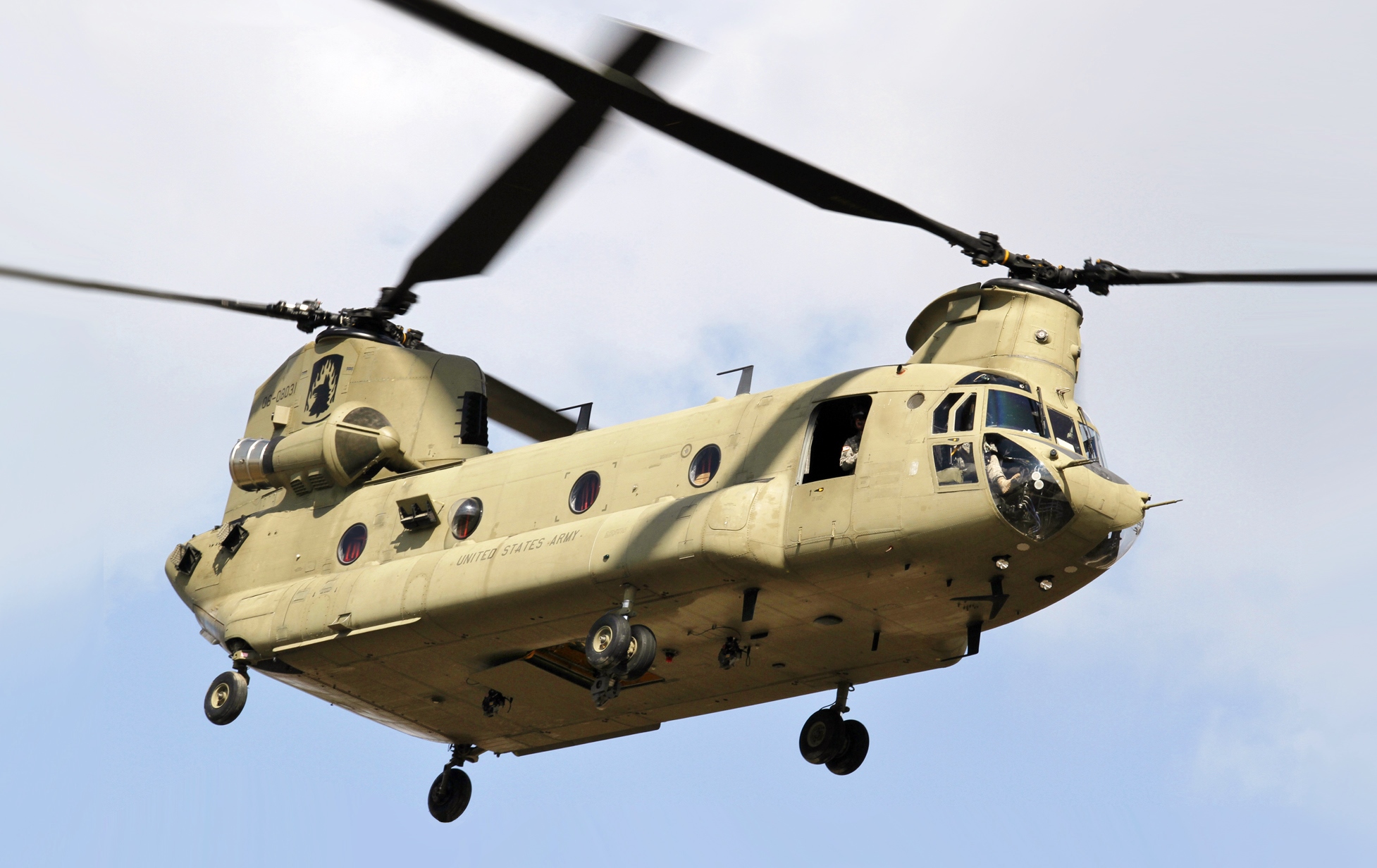Germany’s military-industrial complex is concerned by its decision to buy Lockheed Martin’s F-35 Lightning II fighter jets, which it considers would adversely impact the domestic arms industry.
In March this year, Germany announced its decision to buy the F-35 stealth fighters in the wake of the looming Russian threat. At the time, Defense Minister Christine Lambrecht said the F-35s would replace some of the country’s aging Tornado in service since the 1980s.
However, the latest report from the German publication Wirtschaft indicates that the decision to buy the aircraft off-the-shelf will deal a severe blow to the German arms industry in the absence of any maintenance rights or domestic manufacturing of the parts of the aircraft.
In the aftermath of the Russian invasion of Ukraine, German Chancellor Olaf Scholz announced a plan to modernize the German military, pledging a whopping €100 billion ($112.7 billion) of the 2022 budget. A major pie of this allocation is expected to go towards purchasing the F-35 fighter jets from Lockheed Martin.
However, according to the Federal Association of the German Aerospace Industry (BDLI), the German Ministry of Defense has erred in not demanding the involvement of its arms industry in the maintenance, repair, and support of these expensive aircraft.
BDLI further iterated that the country runs the risk of going almost empty-handed with the planned purchase of F-35 fighter jets and CH-47F Chinook heavy-duty helicopters for more than 16 billion euros.
The German government announced in June that it would purchase 60 CH-47F Chinook heavy-lift helicopters from US-based Boeing to replace its CH-53 Sikorsky rotorcraft.
The report further cited the president of the association, Martin Kroell, as saying that “The new US fighter jets or helicopters for the Bundeswehr could therefore not be maintained in Germany, but in other European countries in the network of the US armed forces or by the US companies Lockheed (F-35) or Boeing (Chinook). This creates a dangerous dependency.”

The Managing Director of Airbus Helicopters, Wolfgang Schoder, also criticized the German government’s hasty and thoughtless decision to import weapons from overseas partners. Schoder said that it endangers not only the independence of the domestic defense industry but also its military technology.
Defense Minister Christine Lambrecht came under fire for a “rushed decision” to beef up the country’s combat capability without much consideration for its military-industrial complex.
It is also pertinent to note that Germany is providing considerable arms assistance to Ukraine, especially by sending the IRIS-T air defense system and MARS II rocket launchers. However, that has done little to quell the woes domestically.
Money Spent On USA Does Not Come Back
The BDLI also highlighted the decision’s economic impact as buying off-the-shelf from United States-based defense giants like Boeing and Lockheed Martin would mean no profit for the domestic industry.
The members emphasized that involving the industry to some extent would have ensured financial returns as well as the creation of employment.
“It’s not just about maintenance and support, but also about strategic industrial policy,” says Kroell. The German industry should sit at the table on an equal footing “and not leave everything to friends in the USA,” he noted.
Schoder went so far as to say that as long as there is no contractual requirement, Boeing will see no urgent need for the helicopters to involve the German industry. It is pertinent to note here that the maintenance of the existing fleet of CH-53 in Germany was accorded to a German-based arms corporation Rheinmetall.

According to the report, the industry body BDLI finds it incomprehensible that the federal government has not yet prepared to involve its aviation sector in the billion-euro purchases.
Kroell and other European nations that have ordered the F-35 have firmly agreed on thorough consideration, maintenance, servicing, and part production, with Switzerland as the latest example.
This argument holds water as while signing a contract for purchasing F-35 fighter jets, the Swiss Defense officials also signed an offset agreement with Lockheed Martin, which “forms the basis for the US manufacturer to conduct offset businesses with the Swiss industry.”
This means that the Swiss companies could receive contracts with a volume of about $3 billion.
The BDLI members also stated that there were rumblings within the German Defense Ministry that participation of the local German industry could make the procurement process complex. In addition, it fears that US manufacturers could take advantage of this to raise prices.
Kroell acknowledged that integrating the German sector would result in a slight increase in the cost of procurement. However, it would be necessary to compute the projects across the entire term of use. For heavy-duty helicopters, just 30% of total costs would go toward acquisition, while 70% would go into maintenance over the next 30 years.
That said, not all the slated €100 million investment will go to US arms manufacturers; a sizable sum has been set aside for the European airline Airbus.
The aircraft manufacturer is given the go-ahead to upgrade the Eurofighter model for electronic warfare. This comprises identifying and neutralizing hostile radar. Airbus, which has a mammoth facility in Bavaria, will soon reap the benefits of the additional investment.
- Contact the author at sakshi.tiwari9555 (at) gmail.com
- Follow EurAsian Times on Google News




